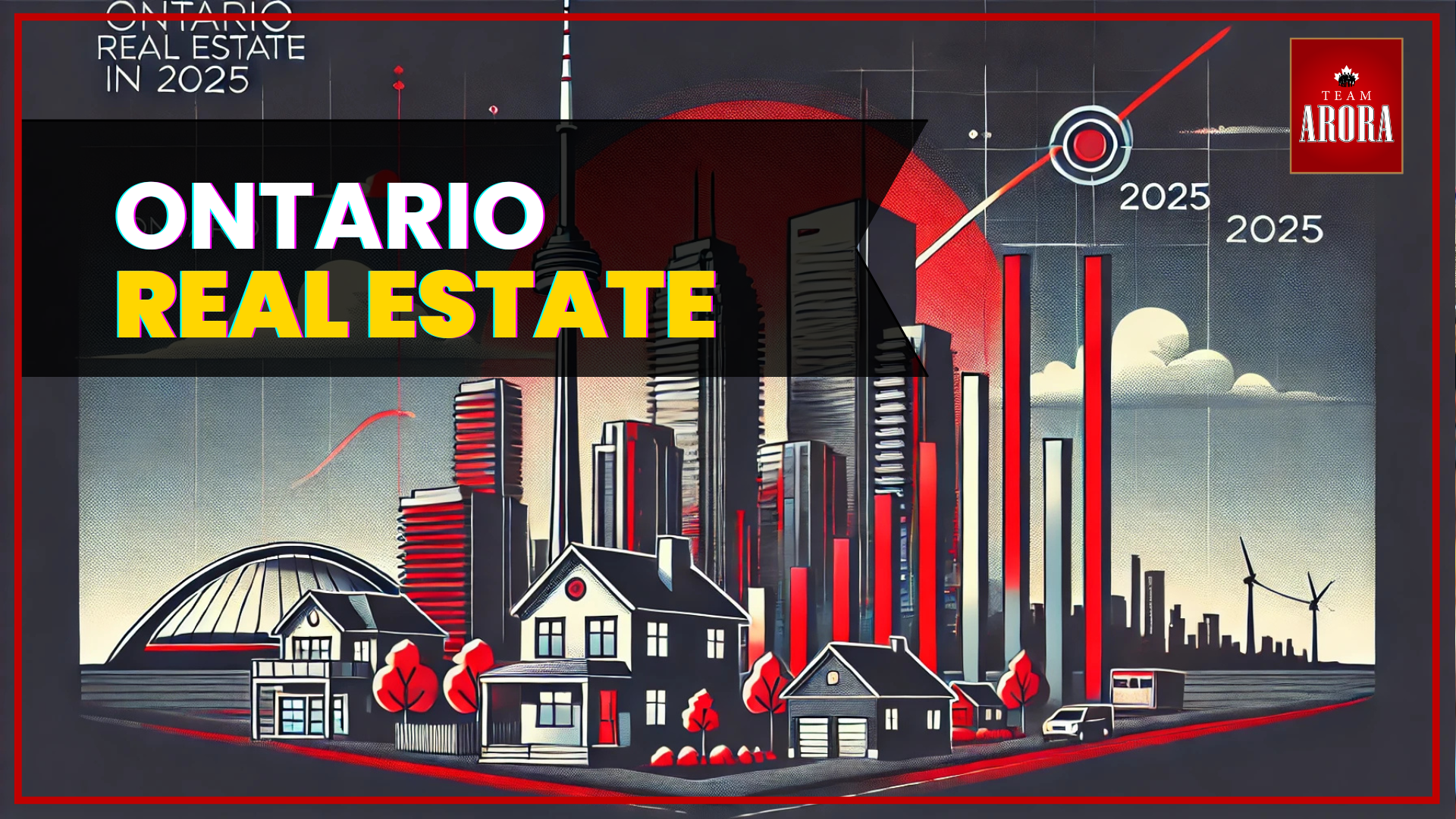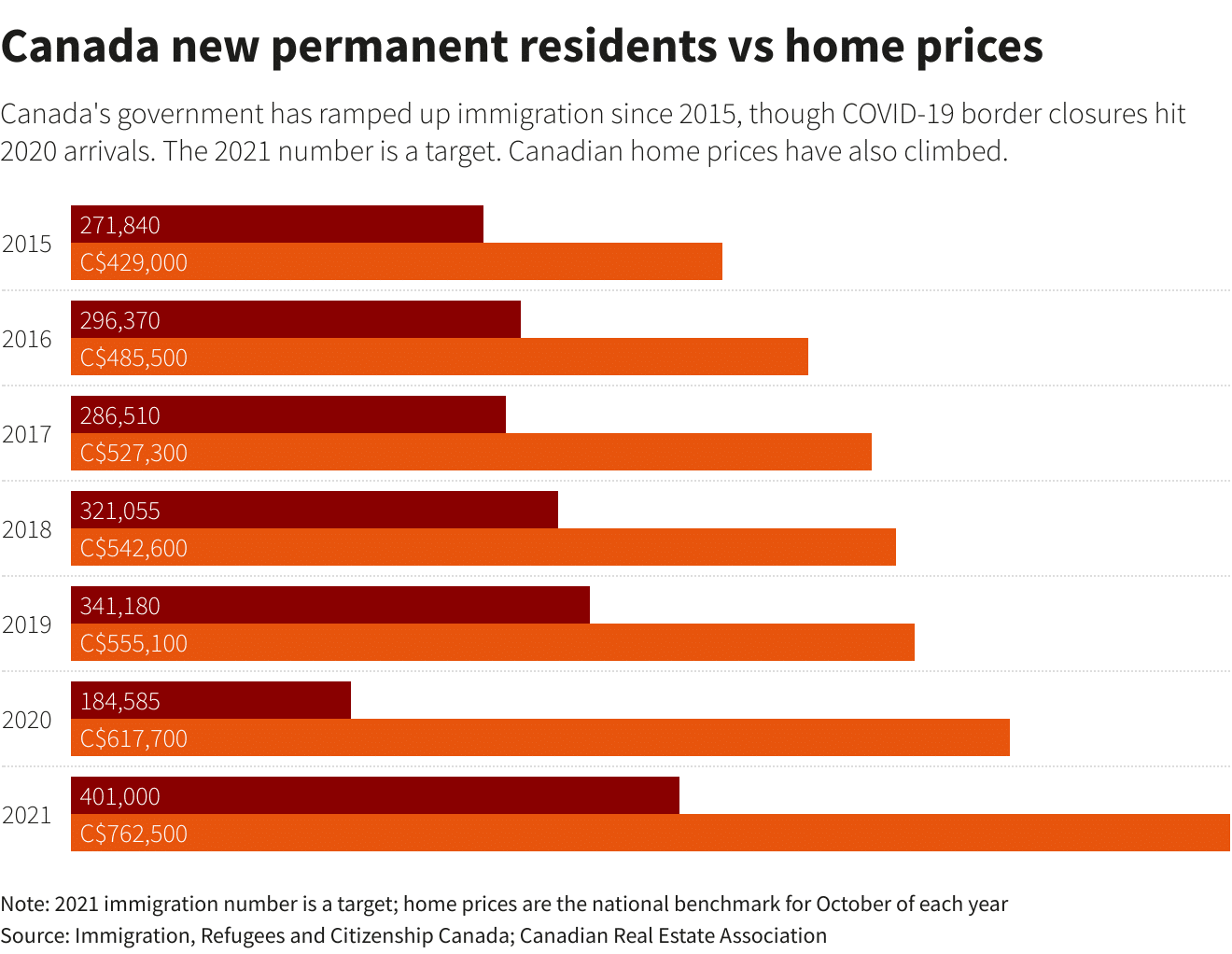If you’re thinking about becoming a full-time realtor in Ontario, one of your first questions is likely: how much money do real estate agents actually make? Whether you’re transitioning from another career or just starting out, understanding the income potential can help you decide if it’s the right fit for your goals and lifestyle.
This blog explores the real estate agent salary in Ontario, providing real numbers, industry averages, and insights into how income can grow over time. Whether you’re dealing in condos, detached homes, or pre-construction properties, this guide gives you a realistic picture of what to expect as a full-time realtor.
Understanding Realtor Income: Commission-Based Earnings
In Ontario, realtors don’t earn a fixed salary. Instead, they are typically paid by commission—a percentage of the sale price of a property. This means your income as a realtor depends on:
- How many properties you help buy or sell
- The value of those properties
- Your brokerage’s commission split
- Your marketing and lead generation efforts
- Market conditions and your client network
Because of this, real estate agent salaries in Ontario can vary widely. Some agents make six figures, while others may struggle in their first year.
What Is the Average Realtor Commission in Ontario?
The standard real estate commission in Ontario is usually around 5% of the property’s sale price, shared between the buyer’s and seller’s agents (typically 2.5% each). That commission is then split with the brokerage.
For example, on a $700,000 home:
- Total commission: $35,000
- Buyer’s agent earns: $17,500
- After brokerage split (e.g., 70/30): $12,250 to agent
Multiply that by several deals a year, and you can start to see how a full-time real estate agent salary in Ontario builds.
Average Income of Full-Time Realtors in Ontario
According to data from industry sources and real estate boards:
- New agents (1st year): $30,000 – $50,000 (part-time or learning phase)
- Mid-level full-time agents (2–5 years): $60,000 – $100,000
- Experienced full-time realtors (5+ years): $100,000 – $250,000+
Top-producing agents—those who specialize in high-value properties or work in hot markets like Toronto, Mississauga, or Oakville—can earn well into the six figures annually.
Some full-time realtors even build teams or run their own brokerages, which increases their income significantly.
What Factors Affect Realtor Income?
1. Location
In high-demand areas like the GTA or Ottawa, property values are higher, which means higher commissions.
2. Experience
The more years you spend in the industry, the better your network, negotiation skills, and lead generation techniques become.
3. Niche Focus
Realtors who specialize in luxury condos, new construction, or investment properties may earn more than those doing general residential sales.
4. Marketing and Branding
Agents who invest in personal branding, websites, SEO, and social media typically see more leads and better client retention.
5. Work Ethic
Full-time means full-time. The agents making six figures are often working 40–60 hours a week, hosting open houses, meeting clients, and negotiating deals.
Common Expenses Realtors Pay
Remember, gross commission is not take-home pay. Realtors are considered self-employed and cover many business costs, such as:
- Brokerage desk and transaction fees
- Marketing and advertising (flyers, social media, listings)
- Fuel and vehicle maintenance
- Cell phone, internet, and software subscriptions
- Office supplies and tech tools (CRM systems, scheduling tools)
- Errors & omissions insurance
- Real estate board membership and licensing fees
These expenses can range from $10,000 to $30,000+ per year, depending on your business model.
How Long Before You Make Real Money?
Realistically, the first year is all about learning. Most agents make modest income until they build a network and understand the systems. Many successful realtors say that it takes 1–2 years of hard work to earn consistently and 3–5 years to hit six figures.
You’ll be investing time in:
- Building a client database
- Learning your market
- Attending open houses and networking events
- Posting and promoting online
The good news? Once you’re established, referrals, repeat clients, and momentum help your business grow exponentially.
Pros and Cons of Realtor Income
Pros:
- No income cap: the harder (and smarter) you work, the more you can make
- Flexible schedule and independence
- Opportunity to build a team or brand
- Rewarding work helping people find homes
Cons:
- Unpredictable income, especially in the beginning
- High startup and operating costs
- Time-consuming: evenings and weekends are common work hours
- Competitive market and industry pressure
Real Estate Agent Salary Ontario: A Recap
| Experience Level | Estimated Yearly Income (Gross) |
|---|---|
| First-Year Agent | $30,000 – $50,000 |
| Full-Time Mid-Level | $60,000 – $100,000 |
| Experienced Agent | $100,000 – $250,000+ |
| Top Producers | $300,000+ |
These are ballpark figures. The actual real estate agent salary in Ontario can vary widely based on the number of transactions, average home prices in your area, and your individual performance.
Final Thoughts: Can You Make a Living as a Full-Time Realtor?
If you’re wondering whether becoming a full-time realtor is worth it, the answer is: it depends on how committed you are. With the right mix of market knowledge, hustle, and patience, you can absolutely earn a comfortable income and even reach six figures in Ontario’s real estate market.
Just remember, it’s not just about showing homes—it’s about becoming a trusted advisor, problem-solver, and marketer. The potential is there, but like any business, it takes time to build.
Disclaimer: Not intended to solicit buyers under any contract. All income figures are approximate and may vary by region, experience, and market conditions.











